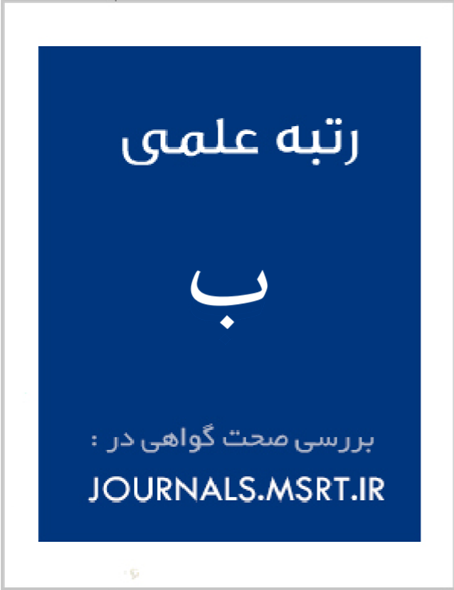Identifying the Dimensions of Moral Responsibility in Fatwas Related to Environmental Crises: A Qualitative Study
Keywords:
Moral responsibility, fatwa, environmental crises, Islamic jurisprudence, thematic analysisAbstract
The aim of this study is to identify and explain the dimensions of moral responsibility in fatwas related to environmental crises from the perspective of Islamic jurisprudence. This research utilized a qualitative design and thematic analysis. Data were collected through semi-structured interviews with 16 Islamic jurists and experts in jurisprudence and environmental studies residing in Tehran. Purposive sampling was used, and data collection continued until theoretical saturation was achieved. Nvivo software was employed for data analysis. The analysis identified three main dimensions of moral responsibility in environmental fatwas: (1) Religious Duty Orientation—including the obligation to protect the environment, individual and collective responsibility, and prioritizing public welfare; (2) Ethics of Care and Justice—including intergenerational justice, support for the vulnerable, and fairness in resource consumption; (3) Innovative and Ijtihad-Based Approaches—including revising fatwas, applying secondary jurisprudential principles, and interdisciplinary dialogue with environmental science. Participants highlighted the necessity for jurisprudential education, issuance of binding fatwas, and engagement with contemporary scientific knowledge. The findings indicate that moral responsibility in environmental fatwas is multidimensional and requires ongoing revision and updating in line with scientific advances and emerging challenges. Leveraging jurisprudential capacities and promoting environmental ethics can play a significant role in addressing environmental crises.
Downloads
Downloads
Published
Submitted
Revised
Accepted
Issue
Section
License

This work is licensed under a Creative Commons Attribution-NonCommercial 4.0 International License.


